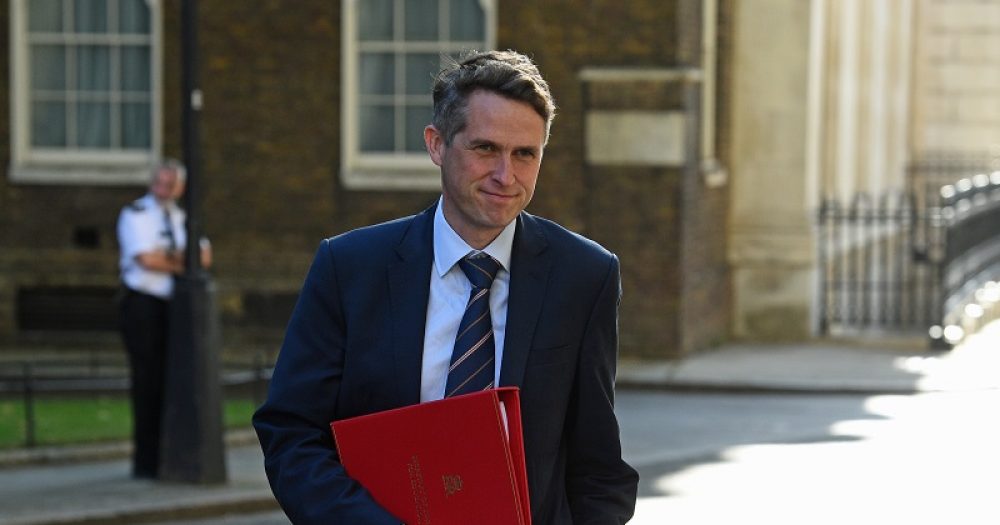MPs have demanded to know how 2020 grade inflation will eventually be “washed out” of the exams system.
In a letter to education secretary Gavin Williamson, education committee chair Robert Halfon said he was “keen to know your current thinking” about how grade inflation can be ended “once you deem it is appropriate to do so”.
We would ask that you set out how you see this working
It comes after Nick Gibb, the schools minister, admitted that grades may be affected again in 2022 as the country continues to grapple with disruption to education caused by the Covid-19 pandemic.
Results were massively inflated this year following the government’s U-turn on exams, which saw centre-assessment grades issued to pupils following a backlash over calculated grades.
The government has since announced that overall, grades issued next year will be similar to those issued this summer, in order to ensure fairness for the current cohort of year 11s and 13s.
In his letter to Williamson, Halfon called for a “route map to transition back to the grade standards that existed prior to the pandemic so that we know for sure that grade inflation has not been permanently baked into the system”.
“Putting the merits of Ofqual’s decision and approach on how to allow ‘generosity’ to one side, we are keen to know your current thinking on how the 2020 grade inflation can be washed out of the system once you deem it is appropriate to do so. We would ask that you set out how you see this working.”

The committee has also asked Williamson what contingencies are planned if parts of the country face a further wave of the virus in the spring, and how “validated” teacher assessments – part of the government’s proposals for those who can’t sit any exams – will work.
“We would ask that you share information on how the special consideration process will work and how it is being stress-tested,” Halfon said.
He also warned that the government’s preferred approach to running exams in 2021 “will put exceptional demands on exam boards and schools and mean that they will face additional costs”, and said it would be “prudent for the Department to organise a recruitment of volunteer markers and invigilators, who would be qualified to take on this task, for instance calling on former teachers and teaching support staff to help”.
Under this initiative, the Department “should be expected to cover the extra costs, such as charges for DBS checks and volunteers’ incidental expenses”.
Finally, the committee has called for weekly attendance data to include local breakdowns. Since the new year began in September, the government has only published data by local authority area twice, despite collecting it regularly.
“Ideally this information would be collated at a postcode level, so that more refined data are available to show the cumulative impact on students in different parts of the country,” Halfon said.
“Provided this is not too burdensome on schools themselves, this information will help all see the scale and variation of what is happening. Can you commit to the Department collecting and publishing these data as soon as possible?”
The DfE was approached for comment.








Your thoughts